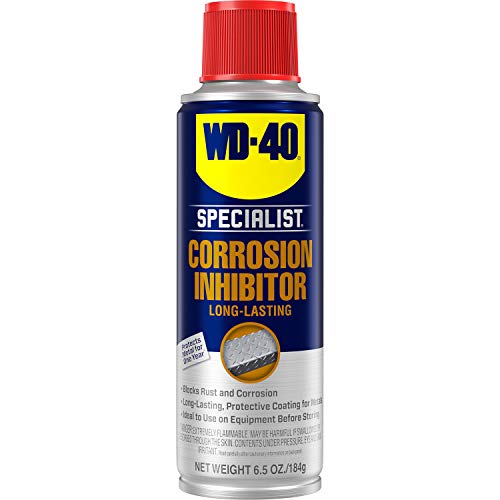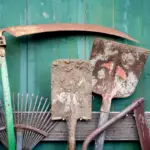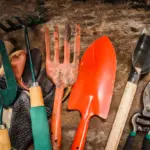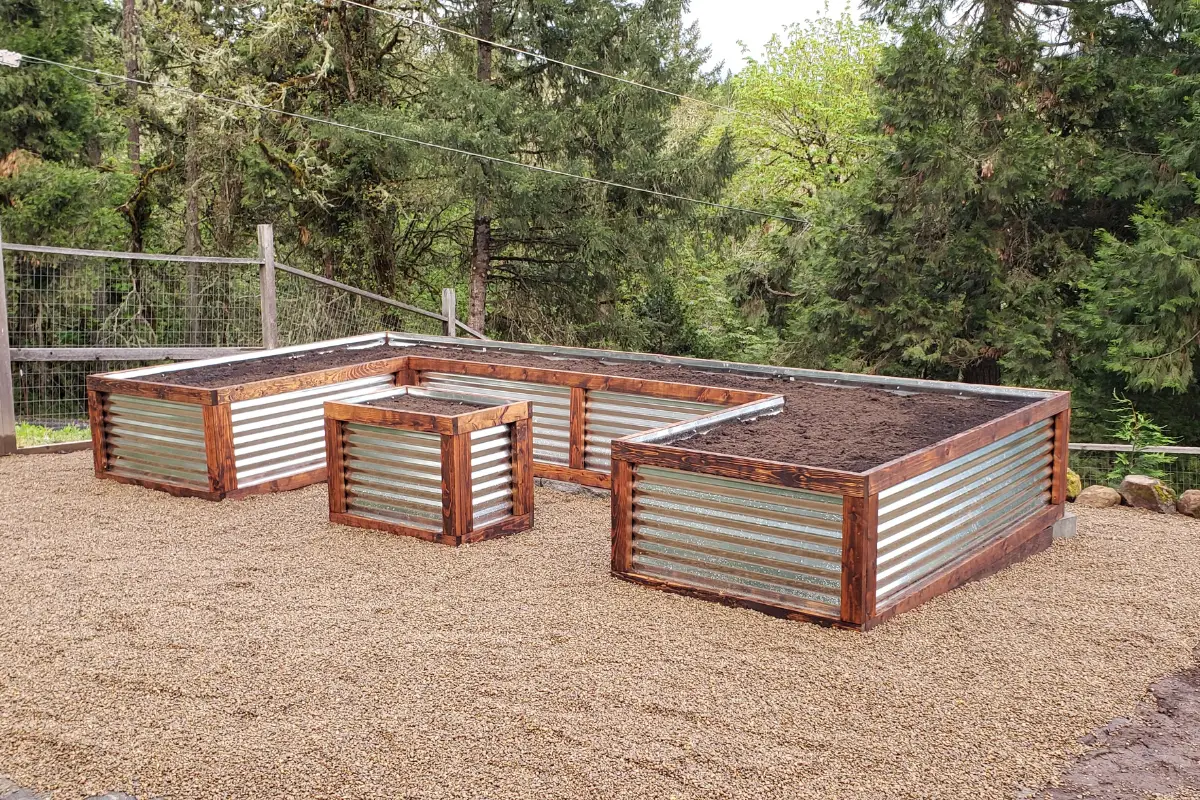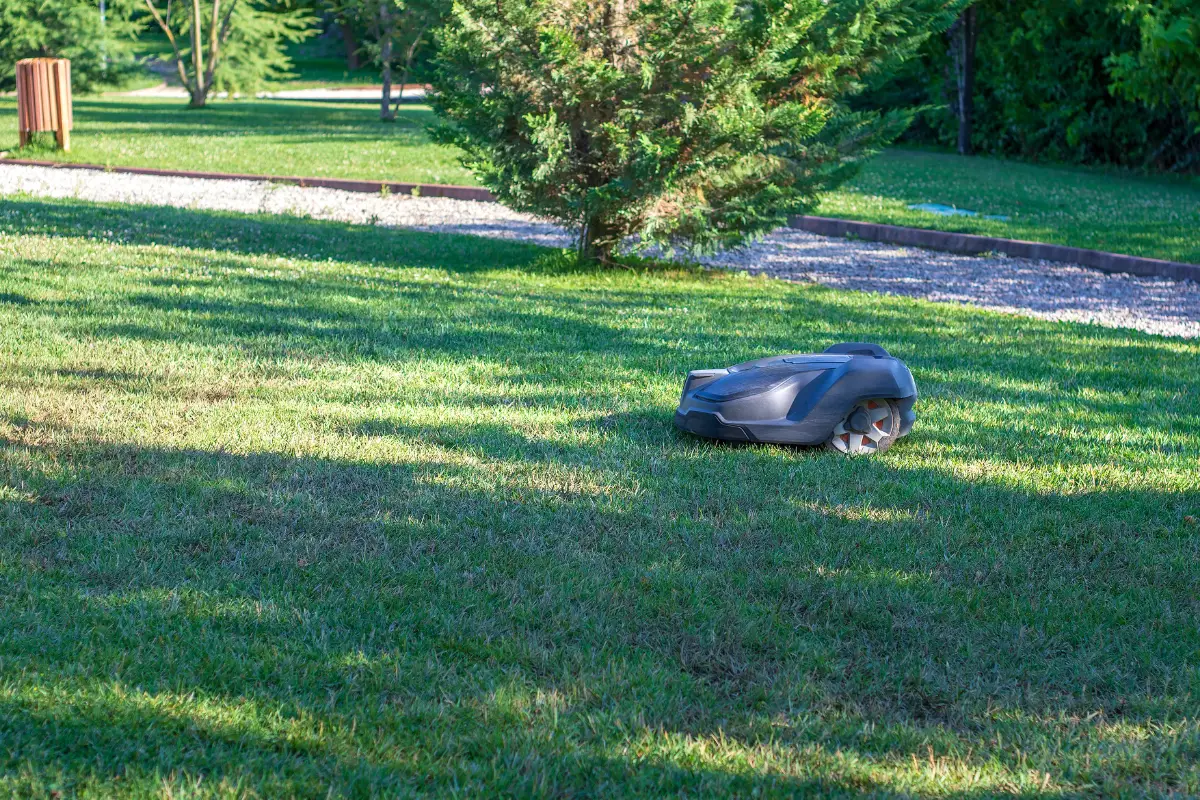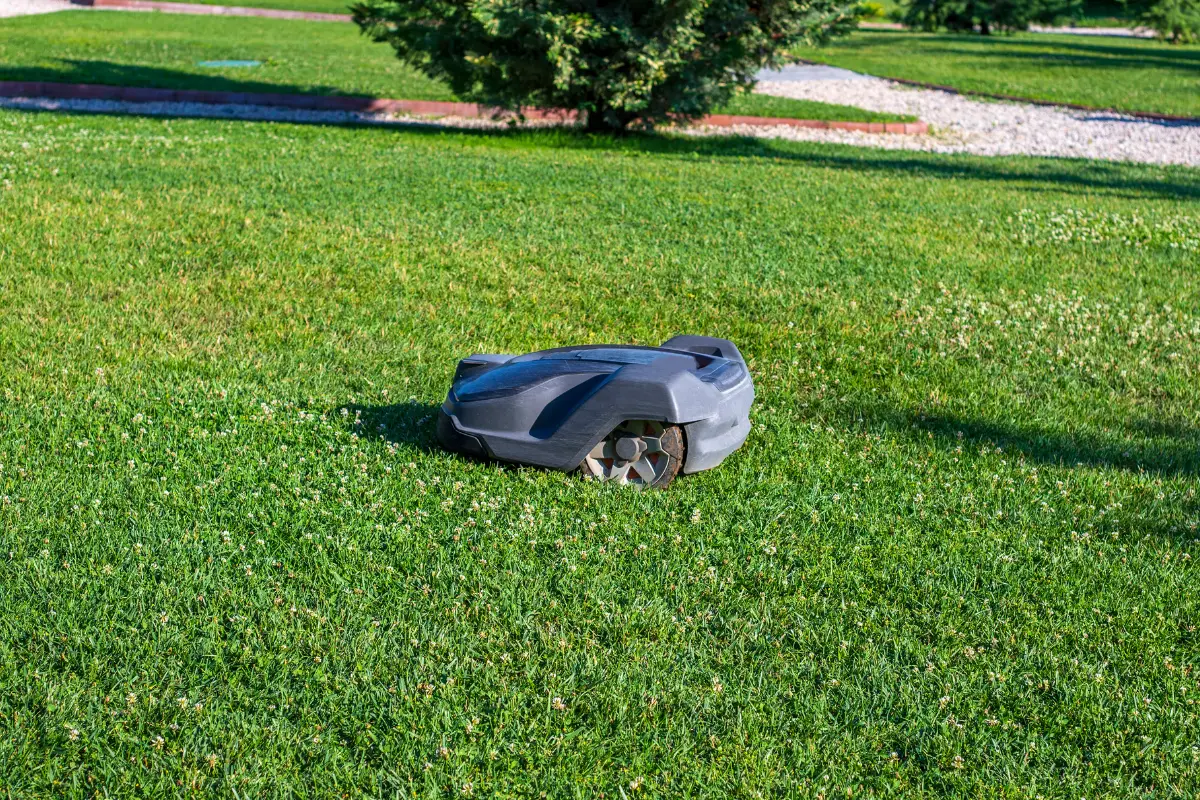Garden tools are essential for maintaining a beautiful and healthy garden. But just like any other tools, garden tools require proper maintenance to ensure their longevity and performance.
One important aspect of garden tool maintenance is oiling. Oiling garden tools can help prevent rust, keep them sharp, and extend their lifespan.
In this article, we will discuss what to oil garden tools with and provide recommendations for the best products to use.
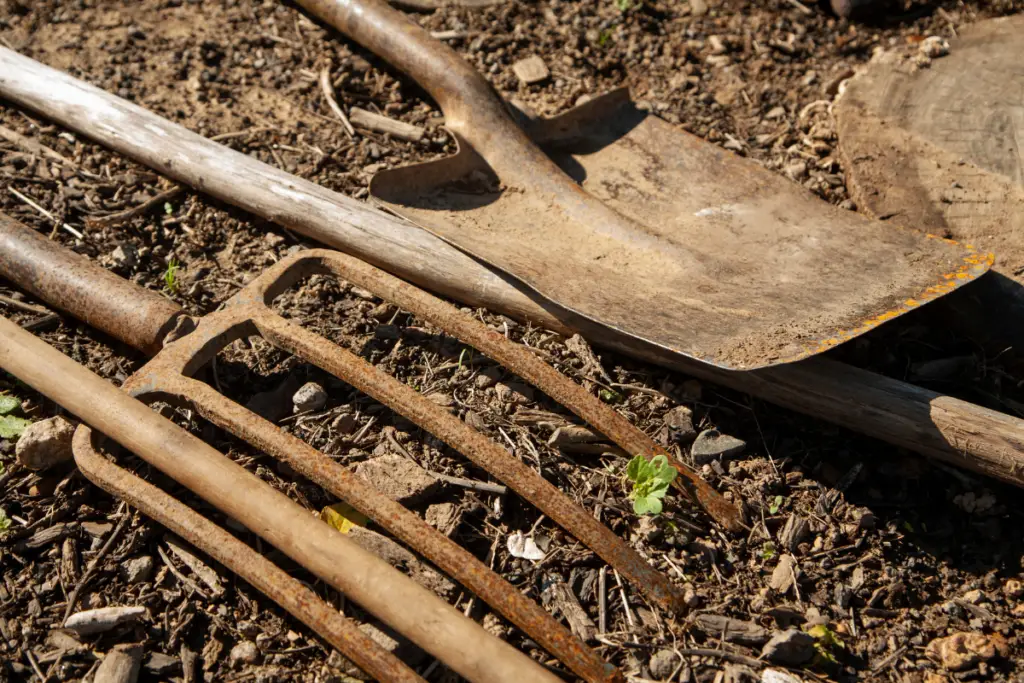
Table of Contents
Why are Oiling Garden Tools Important?
Oiling garden tools is important for several reasons.
Firstly, it helps prevent rust from forming on the metal parts of the tools. Rust can cause damage to the tool and reduce its effectiveness.
Secondly, oiling can help keep the tool sharp, which is important for making clean cuts on plants.
Lastly, oiling garden tools can extend their lifespan, saving you money in the long run.
What Type of Oil Should You Use?
When it comes to oiling garden tools, not all oils are created equal. It is important to use the right type of oil for the job. Here are some of the most commonly used oils for garden tool maintenance:
Mineral Oil
Mineral oil is a popular choice for oiling garden tools. It is an affordable and effective oil that can help prevent rust and keep tools sharp. Mineral oil is also non-toxic, making it safe to use around plants.
Linseed Oil
Linseed oil is another popular choice for oiling garden tools. It is a natural oil that is derived from flaxseed. Linseed oil is great for protecting metal parts from rust and can also help nourish wooden handles.
Motor Oil
Motor oil is not recommended for oiling garden tools. While it may be effective at preventing rust, it is not safe for plants and can contaminate the soil.
How to Oil Garden Tools
Now that we know what type of oil to use, let’s discuss how to oil garden tools properly. Here are the steps to follow:
- Clean the tools – Before oiling your garden tools, make sure they are clean and free of dirt and debris. You can use soap and water to clean them, or a wire brush for tougher jobs.
- Apply the oil – Using a clean cloth, apply the oil to the metal parts of the tool. Make sure to cover all surfaces and crevices.
- Wipe off excess oil – After applying the oil, wipe off any excess with a clean cloth. This will prevent the tool from becoming too oily, which can attract dirt and debris.
- Store the tool – Once the tool is oiled, store it in a dry place to prevent rust and other damage.
Best Products for Oiling Garden Tools
Now that we know what type of oil to use and how to apply it, let’s discuss some of the best products for oiling garden tools. Here are our top recommendations:
1. 3-IN-ONE Multi-Purpose Oil
The 3-IN-ONE Multi-Purpose Oil is a versatile and affordable option for oiling garden tools. It is a mineral-based oil that can help prevent rust and keep tools sharp.
It is also safe to use around plants.
Prices pulled from the Amazon Product Advertising API on:
Product prices and availability are accurate as of the date/time indicated and are subject to change. Any price and availability information displayed on [relevant Amazon Site(s), as applicable] at the time of purchase will apply to the purchase of this product.
2. Boiled Linseed Oil
Boiled Linseed Oil is a natural oil that is great for protecting metal parts from rust and nourishing wooden handles.
It is easy to apply and provides long-lasting protection.
Prices pulled from the Amazon Product Advertising API on:
Product prices and availability are accurate as of the date/time indicated and are subject to change. Any price and availability information displayed on [relevant Amazon Site(s), as applicable] at the time of purchase will apply to the purchase of this product.
3. WD-40 Specialist Long-Term Corrosion Inhibitor
The WD-40 Specialist Long-Term Corrosion Inhibitor is a heavy-duty option for preventing rust on garden tools.
It is a silicone-based spray that can provide up to two years of protection.
Prices pulled from the Amazon Product Advertising API on:
Product prices and availability are accurate as of the date/time indicated and are subject to change. Any price and availability information displayed on [relevant Amazon Site(s), as applicable] at the time of purchase will apply to the purchase of this product.
Best Practices for Oiling Garden Tools
Now that we know what type of oil to use and how to apply it, here are some additional best practices for oiling garden tools:
- Oiling garden tools should be done on a regular basis, ideally after each use.
- Use a clean cloth to apply the oil and avoid using old rags or towels that may contain dirt and debris.
- After oiling, store your garden tools in a dry place to prevent rust and other damage.
- When oiling tools with wooden handles, make sure to oil the handle as well to prevent it from drying out and cracking.
- If you notice any signs of rust or damage on your garden tools, address them immediately to prevent further damage.
By following these best practices, you can help ensure the longevity and effectiveness of your garden tools.
Conclusion
Oiling garden tools is a simple but important step in maintaining your gardening equipment.
By choosing the right type of oil and applying it properly, you can help prevent rust, keep your tools sharp, and extend their lifespan.
We hope this guide has been helpful in providing you with the information you need to properly oil your garden tools.
- How to Build a Planter Box for Bamboo: A Step-by-Step Guide
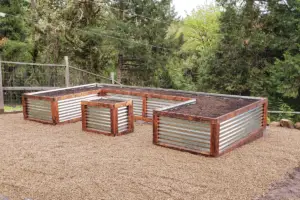
- Can Robotic Lawnmowers Handle Steep Slopes?
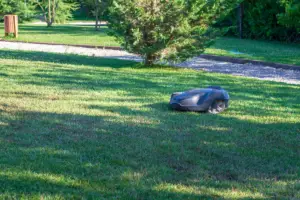
- Do You Need a Specific Lawn for a Robotic Lawnmower? Expert Advice
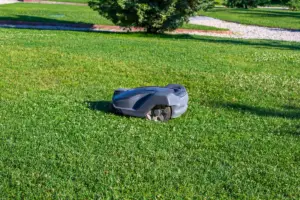
- Are Robotic Lawnmowers Safe for Pets and Children? Safety Features of Robotic Lawnmowers
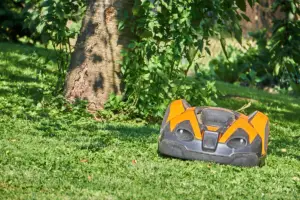
- Why Use Robotic Lawnmowers? Advantages of Using a Robotic Lawnmower
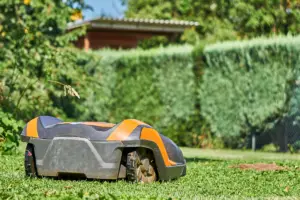
- Is the GARDENA SILENO City 300 Cordless or Corded? A Clear Answer













